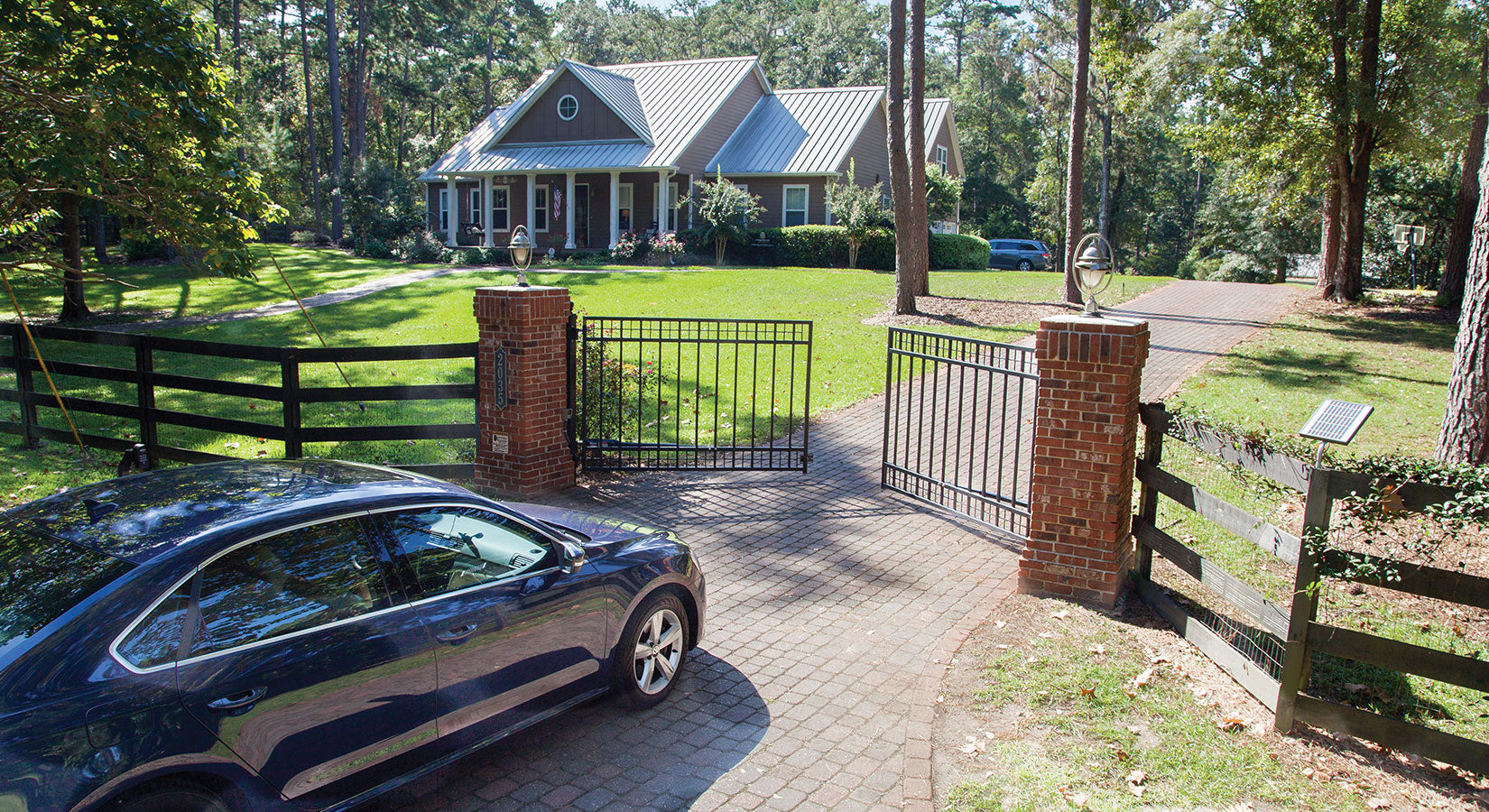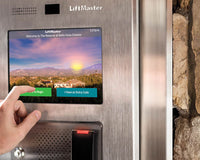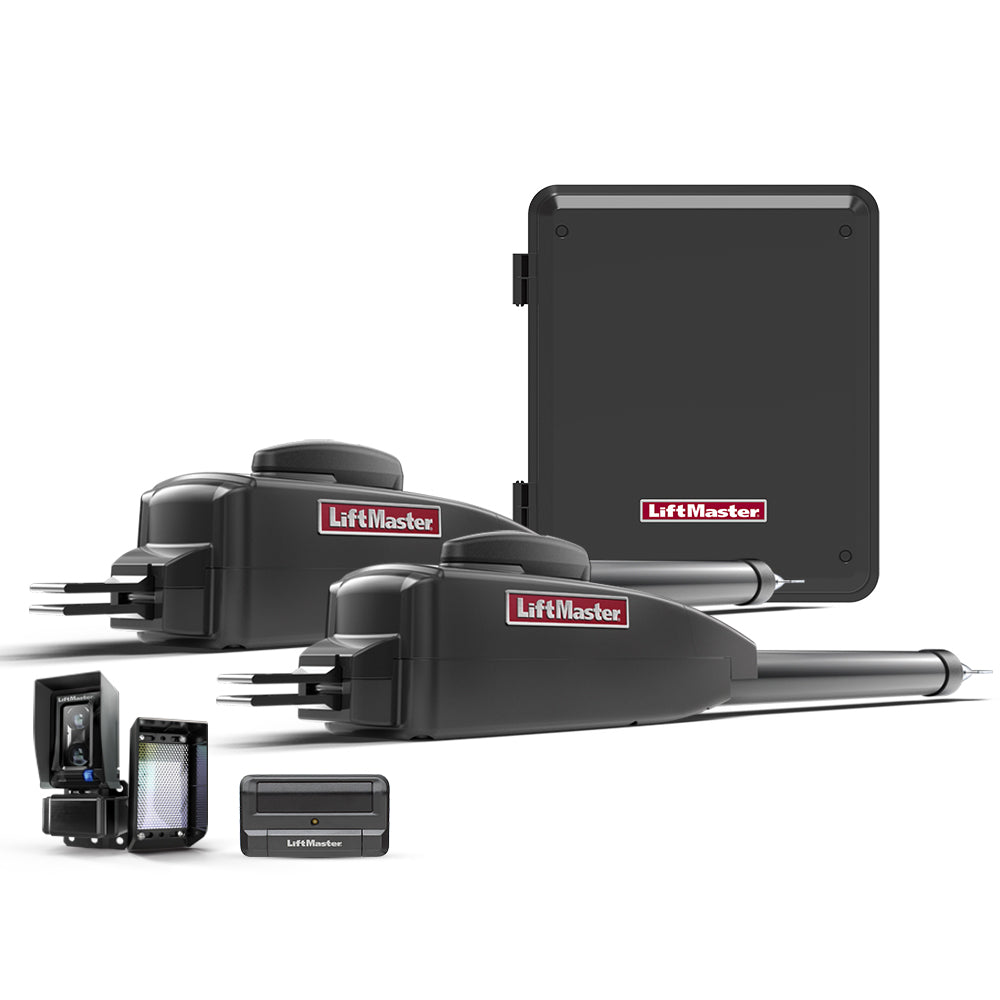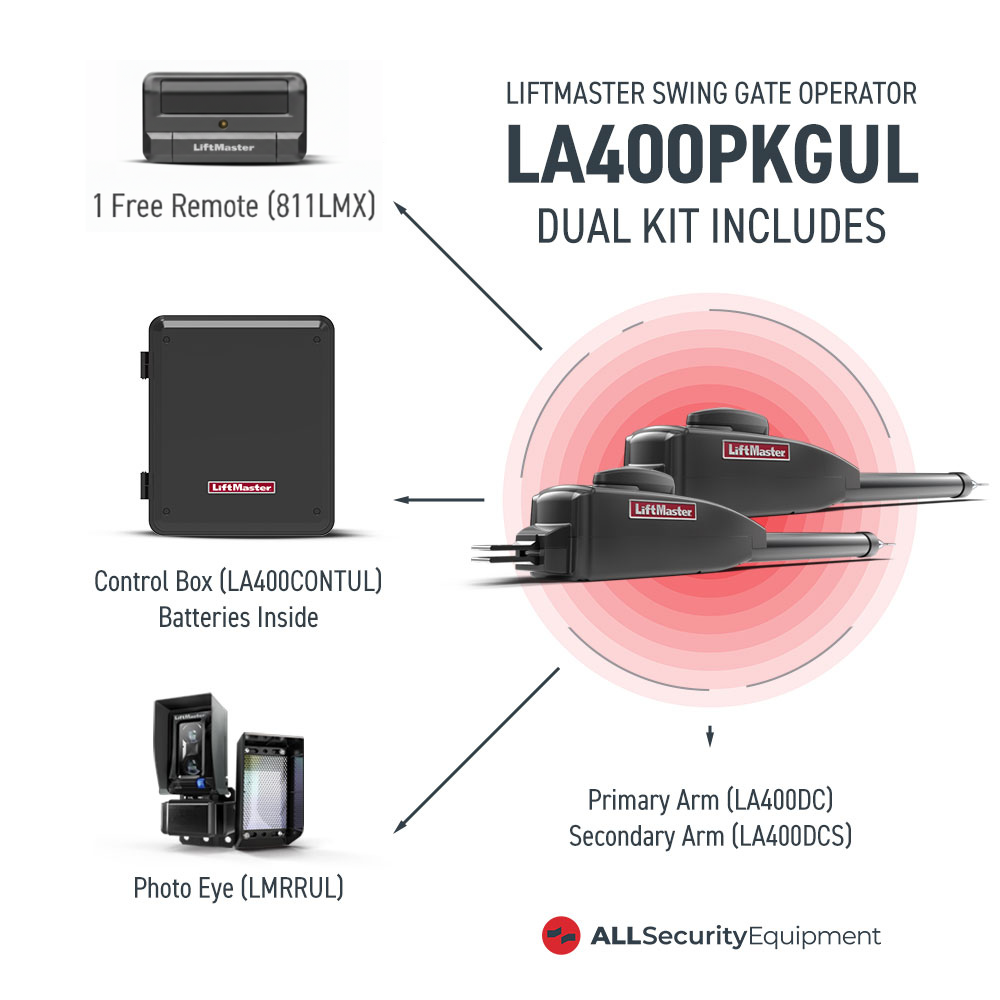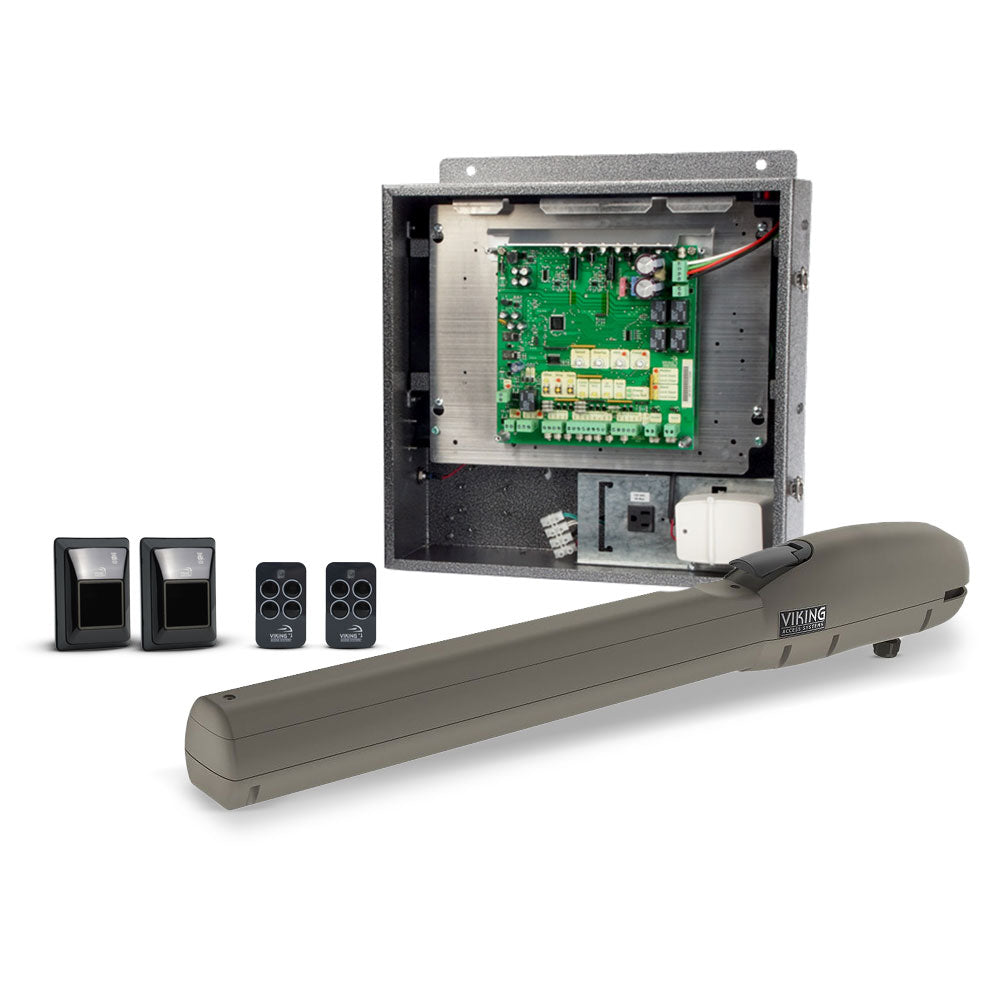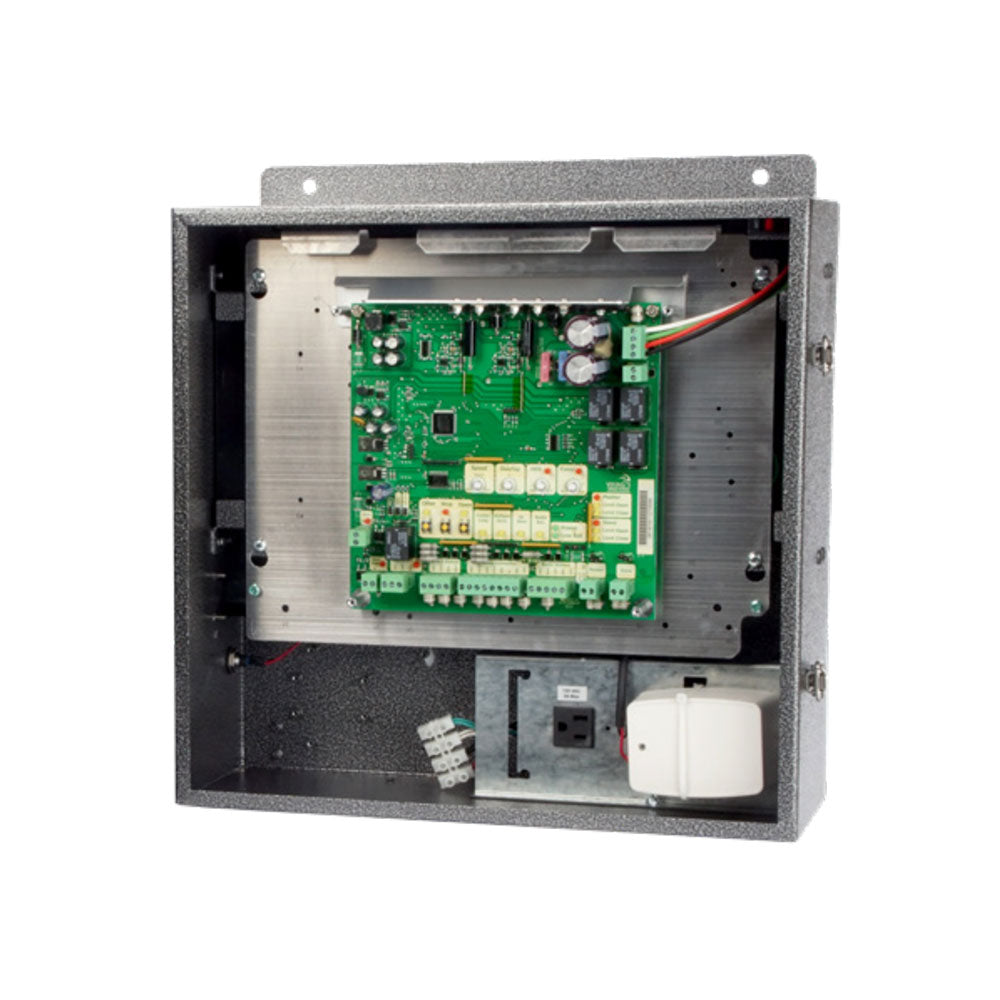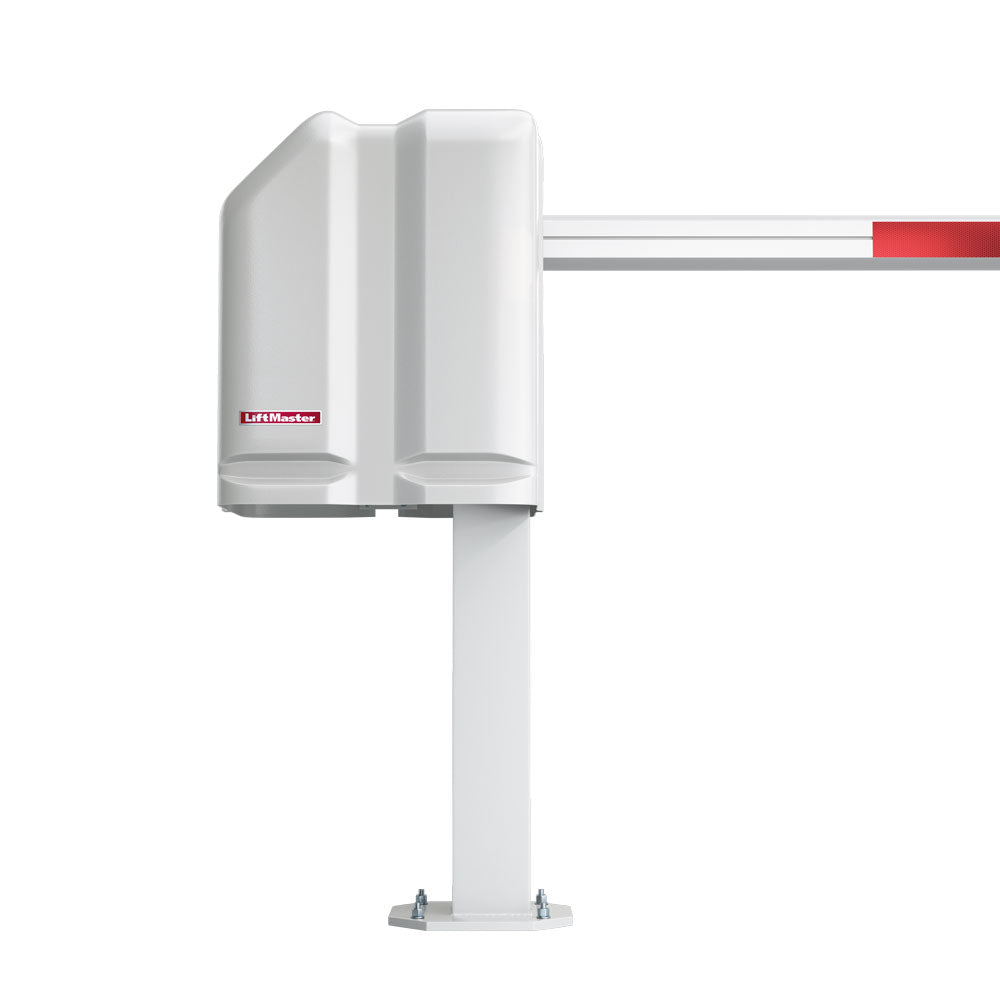The popularity of automatic gate systems has been on a steady upward hike in the last decade, with an increasing number of private, commercial, and industrial property owners investing in them. This rise in popularity is a result of a combination of factors—an increased need for security that does not come at the expense of practicality and convenience being the primary one.
While wired electric gate systems remain the automated gates of choice for the majority of people, for some property owners these gates are simply not practical. Take, for instance, a large property, a property with an established landscape, or one with a particularly long driveway. In addition to the running and maintenance costs of an electric gate, which are significantly higher than those of a traditional gate as is, the owner would also have to spend a fortune on wiring and running power all the way from the main property to the gates.
Additionally, if you are someone who is conscious of your carbon footprint and your overall impact on the environment, electric gates or fences would fare badly with your lifestyle. So, what is a viable alternative to an electric gate system?
If you are looking to reap the benefits of an automatic gate system without having to deal with the negative aspects of electric gates, a solar gate system is the perfect option for you. Let us take a deep dive into the workings of a solar gate system and the many benefits it brings to the table.
How Does a Solar Gate System Work?
In simple words, solar gates run on batteries that are powered by solar panels. This type of gate system generates electricity from a solar panel which is generally attached to a connected post or pole. The solar panel absorbs sunlight during the day and, being connected to the control box of the gates, transfers the generated electricity there. Some of this electricity is directly used to control the gates while the surplus is stored in the solar battery. Hence, during the night, when the panel is no longer generating electricity, the gates remain operational due to the stored electricity in the batteries.
The Benefits of a Solar Gate System
There are a number of features that give solar gate systems an edge over their electric counterparts, including but not limited to:
Safety and Privacy
Unlike a traditional gate, an automatic solar-powered gate system allows the owner to control who does and does not enter the property. The property owner remotely controls when the gates open and close and whom it allows in. This allows for a remarkably higher degree of safety as well as privacy.
Convenience
A solar gate system can provide you with all the benefits of an automated gate system and more. As the owner, you can control the opening and closing of the gates remotely with the press of a button. Not just that, since these come with a battery that stores excess electricity, solar-powered gates remain fully functional even during power outages or under bad weather conditions. There are countless methods of controlling solar gate systems such as keypads, card readers, remote controls, or sensors.
Sustainability
One of the biggest advantages that a solar gate system has to offer is that it is environmentally sustainable. With electrical consumption increasing exponentially the world over, fossil fuels are depleting at a rapid rate which in turn is taking a toll on the planet. Solar gate systems offer an alternative to further contributing to global electrical consumption. They allow you to enjoy the myriad perks of an automated gate system while keeping your carbon footprint in check.
Flexibility of Location
When you have a long driveway or a large property, installing an electric gate system could prove to be impractical and expensive. Solar-powered gate systems, on the other hand, do not have to be tethered to an electrical outlet and operate independently. As a result, they can be situated anywhere on the property, regardless of the distance from the main building, provided that the area receives enough sunlight.
Cost-Effectiveness
Right off the bat, if you are in the United States, you have the option to apply for a tax credit when installing a solar gate system. This credit could cover as much as 26% of the price of the system. Besides that, solar-powered gates and fences have markedly lower operational costs than their electric counterparts as solar energy is essentially free of cost. The manufacturing costs of solar panels have also been decreasing in the past few years, which means that solar gate systems are gradually becoming more affordable.
Aesthetic Appeal
While electric gates involve digging up the landscape to run the power lines, solar gate systems require nothing of the sort. Consequently, your property remains unharmed and its aesthetics intact.
Is a Solar Gate System the Right Choice for You?
Solar gate openers are a fantastic alternative to electric gate systems. However, regardless of how convenient they are, they may not be the right fit for your needs. If you are unsure as to whether a solar-powered gate would suit your requirements, consider the following:
1. How many times a day will you have to open and close the gate?
Solar-powered gate systems can only supply a limited amount of electricity each day, thus limiting the number of times you can open and close it. On average, it can provide enough energy for the gate to open and shut 8 or 9 times a day, so if frequent opening and closing is a prerequisite for you, this may not be a good fit.
2. Does your property receive a minimum of 7 hours of unobstructed sunlight every day?
That is exactly what a solar gate system requires to muster enough energy in order to function. If your property receives insufficient sunlight, this would not be the right choice for you.
Concepts to Contemplate
All in all, a solar gate system can be a fine addition to your automatic security system provided that it meets your requirements and is suitable for your use case scenario.

